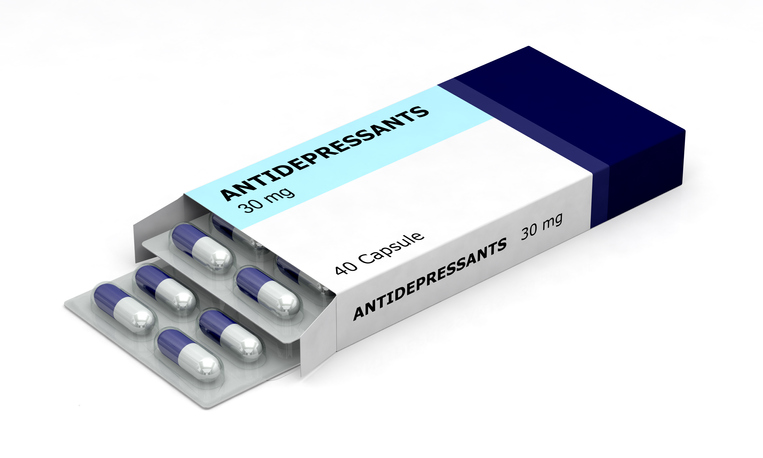Treatments
What Is a Trigger Point Injection (TPI)?

What are trigger points?
Trigger points are painful “knots” — hard, palpable nodules — that can form in muscles. They are sore or painful when pressed. Trigger points develop when a muscle is unable to relax. Health conditions that commonly contribute to the development of trigger points include fibromyalgia, tension headaches and myofascial pain syndrome. These knots are sometimes felt under the skin and often irritate the surrounding nerves. Knots may develop in the arms, legs, lower back or neck. The pain caused by trigger points may also be felt in other parts of the body; this is called referred pain. Trigger point injections can help alleviate the pain associated with trigger points.
What is a trigger point injection?
A trigger point injection (TPI) involves injecting a local anesthetic or saline into the trigger point to decrease pain. The injection may also contain a corticosteroid. TPI may reduce pain associated with fibromyalgia and tension headaches. TPI treatment for myofascial pain syndrome (pain in the tissue around the muscles) is currently being researched but may be used when other treatment methods have failed.
What happens during a trigger point injection?
A TPI procedure is typically performed in a doctor’s office and is completed in a few minutes. Individuals sit or lie down for this procedure. A doctor locates the area by pressing on the muscle. A small needle, containing small amounts of anesthetic, saline and/or steroid, is inserted into the trigger point, and medication is released. A TPI inactivates the trigger point (how this works is not well understood) which helps alleviate the pain. Several trigger point injections can be done during one appointment.
The muscle can be gently used after a TPI; however, strenuous activity should be avoided for a few days. Although the injection site may temporarily feel sore or numb, complications are very uncommon. A dry needle technique may be used for individuals with an allergy to the medications used in a TPI.


















